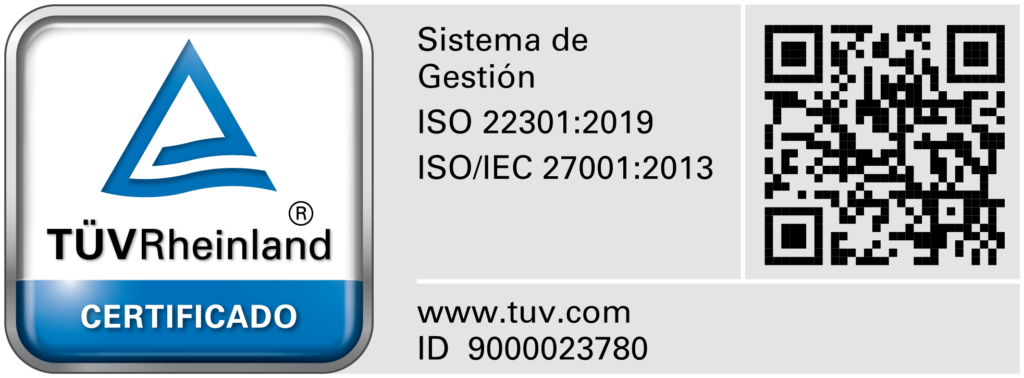Sustainable development, environment and agro-ecological tourism in DRC
We will share with you one of the most ambitious and one of the most extraordinary agricultural projects in the DRC. BYB is a community agricultural project that aims to enhance local production and consumption of organic products and to develop an impulse of community solidarity.
In the heart of Central Africa, it is inconceivable that in 2017 people could still starve to death…
Moneytrans supports this great initiative; you want to know more?
The DRC has the second largest area of cultivable arable land in the world after Brazil. Undernourishment and malnutrition persist, partly due to very low exploitation of this agricultural potential.
However with its immense and fertile lands, intense rains and abundant rivers, an equatorial, tropical climate, a young population symbol of an efficient workforce, the DRC alone unites all the assets of a real world food basket. Out of 80 million hectares of arable land, only 10% is cultivated; if we cultivated all of these 80 million hectares, 2 billion people would be fed. 2 billion people is all of Africa, the United States, Europe and a few other countries.
A beautiful project comes true
A local ByB community, which means “Our field”, has organized itself and created a new niche in agricultural management in order to take charge of the food needs of its members at an affordable cost.
This project values the work of Congolese farmers and peasants; it is based essentially on solidarity, mutualization and synergy of individuals; the goal: if not produced on a large scale, it would allow self-sufficiency in basic food products.
Even if local farmers tried to produce more, they would find themselves faced with a lack of adequate structures for the preservation and transport of their production to major centres of consumption – they would thus find themselves excluded from the national market, hence their discouragement and abandonment of several food crops. This justifies the scarcity and high cost of food, the increase in unemployment and poverty rates in the DRC.
Together, citizens are mobilizing
In 2015 in the heart of Kinshasa, after several brainstorming sessions, Doctor Mbay Serge and his teammates – Justin R.Aganza & Blaise Lubuma- Inmaculada Martin- Jules MutomBw- Raïssa Malu- among others, imagine a collective approach that allows citizens from various socio-professional backgrounds to return indirectly but efficiently to working on the land thanks to a model of renovated agricultural cooperative, the inhabitants of towns and large centres have been able to actively participate in remote production by showing solidarity with their compatriots living in rural areas. Serge Mbay pointed out: “This is an economic model in which citizens are contributors, at the same time as producers, consumers, processors and marketers. As for Blaise Lubuma, he emphasizes the original aspect of the project: “It is a revolutionary approach in a country where the emphasis is on imports, aiming to show that we Congolese can do good things, we can produce.
How does it work?
ByB has created a production circuit based on transparent management of individual contributions; 60% of the harvest goes directly to contributors, 20% is allocated to expenses and the remaining 20% is earmarked for savings and reinvestment. This new urban agricultural network is directly close to farmers’ organizations, financing the project implemented by rural partners.
As a trial, the Elongo Elonga team is granting themselves a 1 hectare experimental field for manioc production in the Central Congo province. It was a remarkable success for this non-governmental organization with its participatory philosophy and ByB model of community agriculture as its only means of support. They then decide to open this operational model to people from outside the NGO in order to make it more efficient; an agronomist engineer is recruited to lead the work and an image reporter with the mission of introducing the different stages of the farm.
For this driver, the choice was made for a very appreciated commodity, although quite rare because of its high selling price: potatoes. A 30 ares site has been developed in the village of Mbanza Ngngu. The aim was to demonstrate that it is possible to produce potatoes not far from Kinshasa, just 150 km away.
For a production estimated at more or less 5 tons, the project is estimated at 4,500 dollars divided into 100 individual shares of 45$ each to anyone wishing to join this new dynamic of sustainable development. Also to alleviate the expenses of the contributors, various facilities were granted: a contribution in 3 monthly payments or an association by group of 3 to 5 people for the same share value.
The execution phase started with the importation of seeds arriving at the beginning of April 2017 it was followed by pregermination, germination at the end of the same month allowing the planting operation – a few weeks later some young plants had grown, then watering intensified. One month before the harvest (August 2017) it was agreed a touristic agro-ecological trip for all the contributors; loan of about fifty people embarked to feel the concrete realities, their financial commitment and go against those who work the product they will consume later.
Positive results!
The very positive feedback from this expedition led to widespread emulation to the point of suggesting an open house in September 2017 on the same site; this time the objective was to involve all members and supporters in the individual potato harvest. The project included representatives of the South African Embassy as a special guest. Combining business with pleasure and education was the ultimate goal of this excursion; an excellent moment for those city dwellers not accustomed to the calm and fresh air of the lands of Mbanza Ngngu.
In the end, the shareholders each received 30kg of potatoes for a share of 45$; in other words Byb in its probationary phase succeeded in producing the kilo of potatoes below the average purchase price on the market which gravitates around 2 dollars per kilo. A real success that clearly shows that in the days to come, with the increase in productivity, it will be possible to make the presence of this coveted food accessible to every household basket at a price that fails all competition.
A project that raises interest
The project has captured the interest of Congolese from all sides: an 83-year-old former prime minister, who apart from supporting the project wants to reproduce it in his own farm; a scientific professor from INERA who supports and accompanies this work of sustainable development and artists like Lexxus Legal have not failed to support this project carrying hope and future.
This experience reminds the Congolese that they are the masters of their destinies and that in Africa other possibilities are possible. Attached is a documentary film of the project:
Moneytrans, established for more than 10 years in DRC, has the honor to be the privileged partner of Congolese expatriates established in Europe and wishing to contribute to this project thanks to its money transfer rates defying any competition. Contact us to find out more, and follow us on Facebook or Twitter to find out what’s next!



